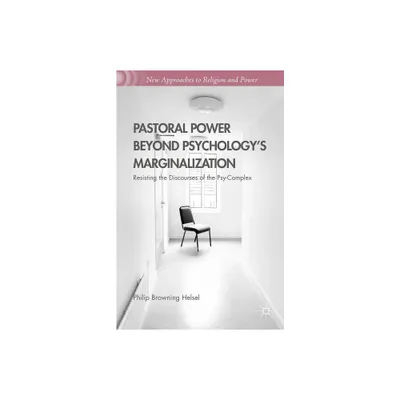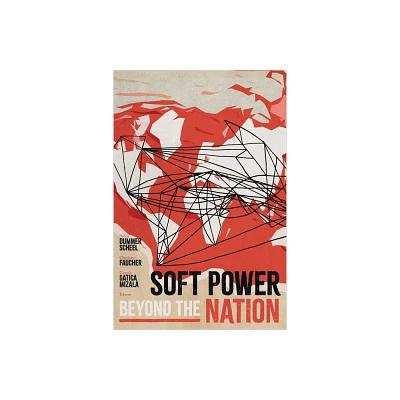Home
Constituent Power Beyond the State: Democratic Agency Polycentric Polities
Loading Inventory...
Barnes and Noble
Constituent Power Beyond the State: Democratic Agency Polycentric Polities
Current price: $180.00


Barnes and Noble
Constituent Power Beyond the State: Democratic Agency Polycentric Polities
Current price: $180.00
Loading Inventory...
Size: Hardcover
*Product Information may vary - to confirm product availability, pricing, and additional information please contact Barnes and Noble
The concept of constituent power plays a major part in modern political and legal theory— in how we think about the political. This book tackles the twofold issue of public authority and public autonomy in the modern conception of the political by analysing the notion of constituent power, its function in the modern political apparatus, and debates about its meaning and function in our own context.
Focusing on contemporary debates on constitutionalism "beyond" the state, Geneviève Nootens assesses the prospects for recasting the notion of constituent power in a polycentric setting that challenges state sovereignty as embodying the autonomy of the political. She argues that constituent power belongs with the conceptual apparatus of a theory of government peculiar to a statist way of knowing, and being into, the world, and that it is too much dependent upon the statist framework for it to have critical purchase on the new mappings of public authority. Nootens stresses the critical need to frame public authority appropriately if we are to conceptualize a conception of collective political agency that can sustain public autonomy in the current era.
Constituent Power Beyond the State
will be of interest to students and scholars of political theory, democratic theory, law, and constitutionalism.
Focusing on contemporary debates on constitutionalism "beyond" the state, Geneviève Nootens assesses the prospects for recasting the notion of constituent power in a polycentric setting that challenges state sovereignty as embodying the autonomy of the political. She argues that constituent power belongs with the conceptual apparatus of a theory of government peculiar to a statist way of knowing, and being into, the world, and that it is too much dependent upon the statist framework for it to have critical purchase on the new mappings of public authority. Nootens stresses the critical need to frame public authority appropriately if we are to conceptualize a conception of collective political agency that can sustain public autonomy in the current era.
Constituent Power Beyond the State
will be of interest to students and scholars of political theory, democratic theory, law, and constitutionalism.


















